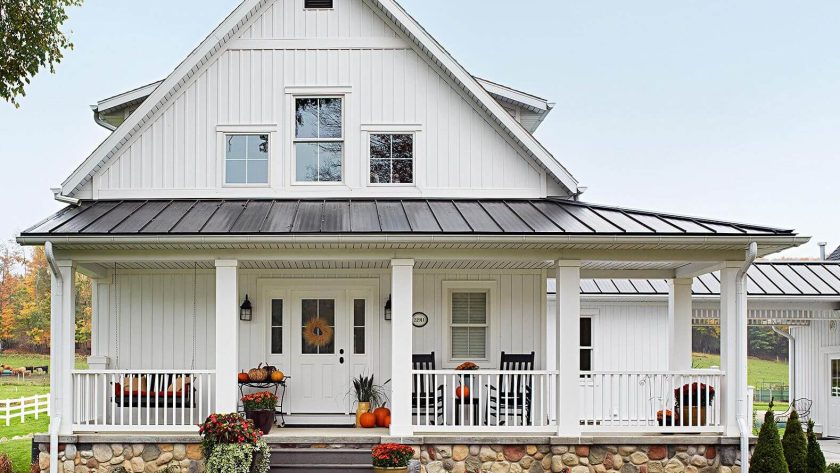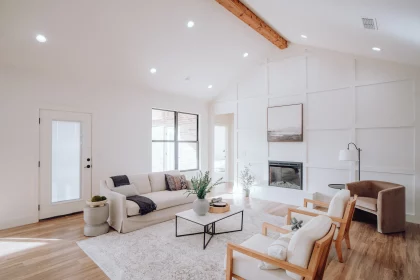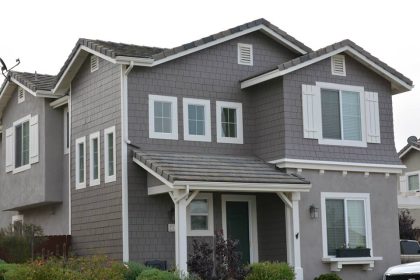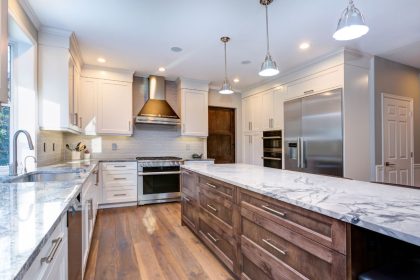When it comes to renovating your home, there’s a lot to think about. Everyone wants to add value to their house, but not all renovations are created equal.
In this article, we’ll break down the most important renovations that can increase the value of your home and highlight some of the worst ones you should avoid.
Whether you’re planning to sell in the future or simply want to enjoy a better living space, understanding these renovation dos and don’ts is crucial.
Renovations That Add Value
- Kitchen Makeover: The kitchen is often the heart of the home, and a modern, functional kitchen can significantly increase your home’s value. Upgrading appliances, countertops, and cabinets can make a big difference.
- Bathroom Remodel: Bathrooms are another critical area for buyers. Adding a new bathroom or renovating existing ones can be a smart investment. Think about fixtures, tiles, and storage space.
- Curb Appeal: First impressions matter. Investing in landscaping, a new front door, or a fresh coat of paint on the exterior can improve your home’s curb appeal and draw in potential buyers.
- Energy-Efficient Upgrades: Installing energy-efficient windows, doors, insulation, or a new HVAC system can not only save you money on utility bills but also make your home more appealing to eco-conscious buyers.
- Adding a Bedroom: If you have extra space, consider adding a bedroom. An additional bedroom can significantly boost your home’s value, especially if it brings your home into a higher category (e.g., from a 2-bedroom to a 3-bedroom).
- Open Floor Plan: Knocking down walls to create an open floor plan is a trendy renovation that can make your home feel more spacious and inviting.
Renovations to Be Cautious About
- Swimming Pools: While pools can be fun, they are often expensive to install and maintain. They can also be a deterrent for some buyers who worry about the cost and safety concerns.
- Over-the-Top Upgrades: While high-end upgrades can be appealing, going too overboard with luxury renovations might not pay off. Not all buyers will appreciate or want to pay for excessive luxury features.
- Garage Conversion: Converting your garage into living space may seem like a good idea, but it can be a risky move. Many buyers value a functional garage for storage and parking.
- Trendy Personalization: Be cautious about making your home too personalized to your tastes. Bold design choices or unique features might not appeal to a broader range of buyers.
- DIY Disasters: If you’re not experienced in home improvement, ambitious DIY projects can end up costing you more in the long run. Poorly done renovations can lower your home’s value.
- Excessive Landscaping: While landscaping can add value, overdoing it with complex designs or high-maintenance plants might deter some buyers who are looking for easy-to-maintain yards.
Now that you have an idea of what renovations can add value and which ones to approach with caution, it’s essential to consider your specific situation and the local real estate market. What works in one area might not work in another, so it’s a good idea to consult with professionals like Chartered Surveyors Folkestone (visit their website at buildperception.com) for advice tailored to your location.
Keep in mind that renovations should align with your long-term goals. If you’re planning to sell soon, focus on renovations that are likely to give you a good return on investment. If you’re renovating for your enjoyment, prioritize improvements that enhance your daily life.
Before you start any renovation project, it’s wise to create a budget and get multiple quotes from contractors. This will help you avoid unexpected costs and ensure that you’re getting a fair price for the work.
Conclusion
In conclusion, making renovations to your home can be a smart move to increase its value, but not all renovations are created equal.
Focus on the key areas like the kitchen, bathrooms, and curb appeal, and be cautious about over-the-top or highly personalized upgrades. Remember to consult with experts like Chartered Surveyors Folkestone for tailored advice and make informed decisions that align with your goals and budget.




